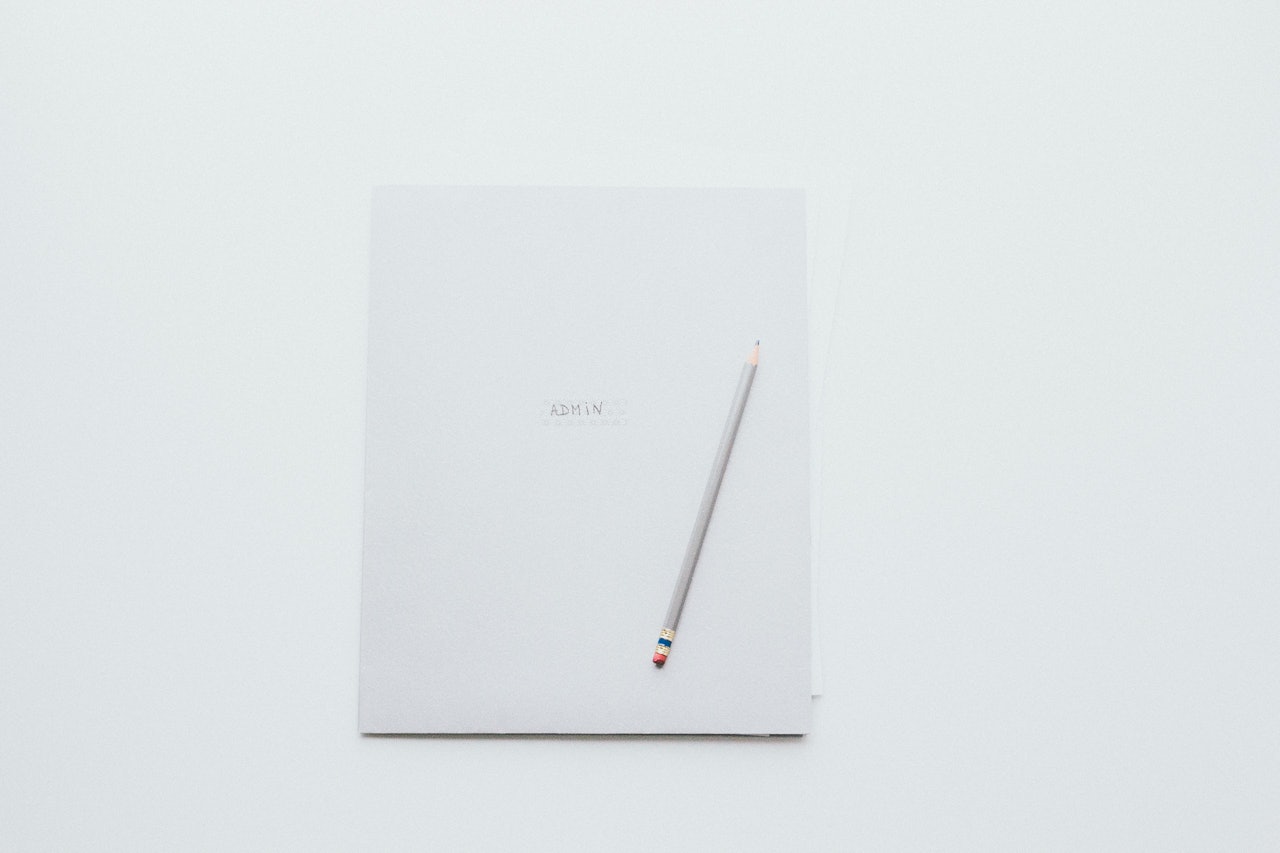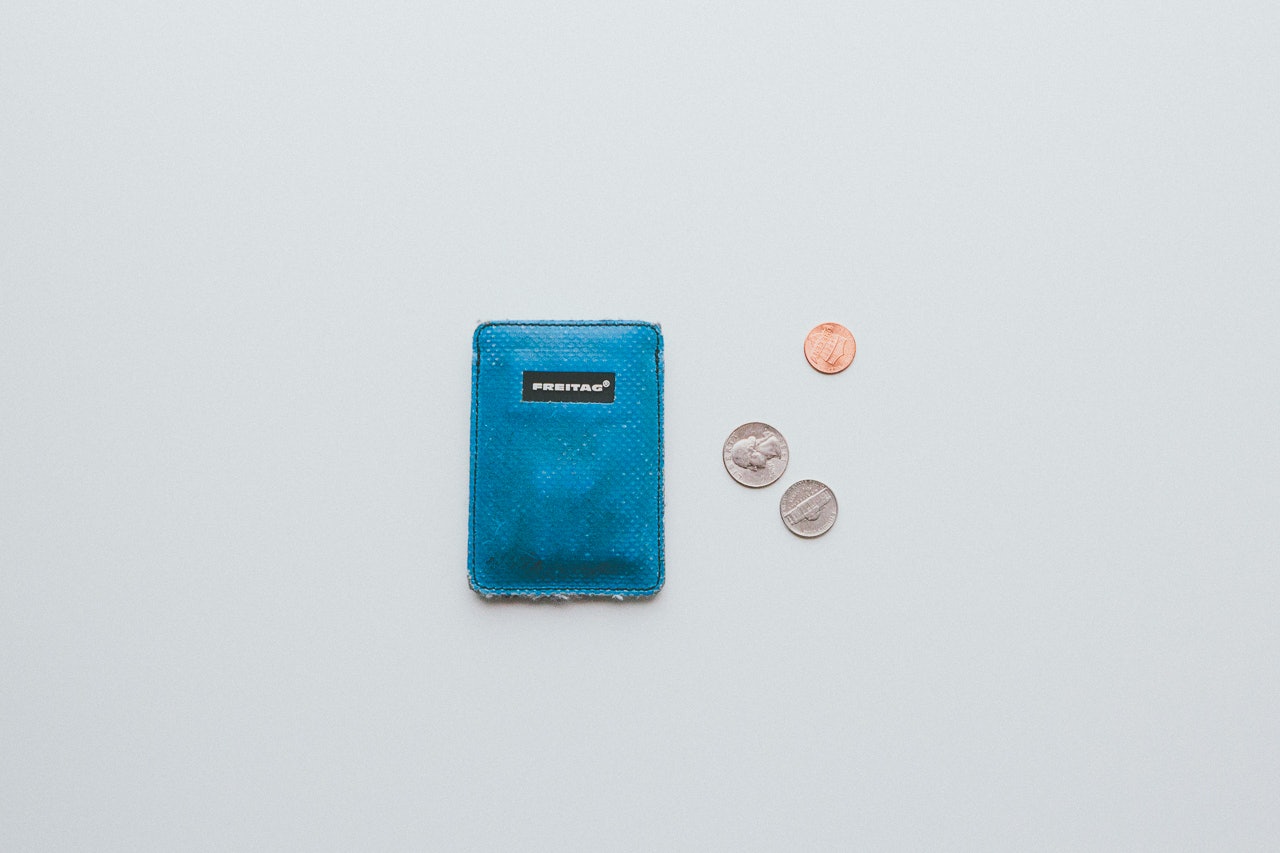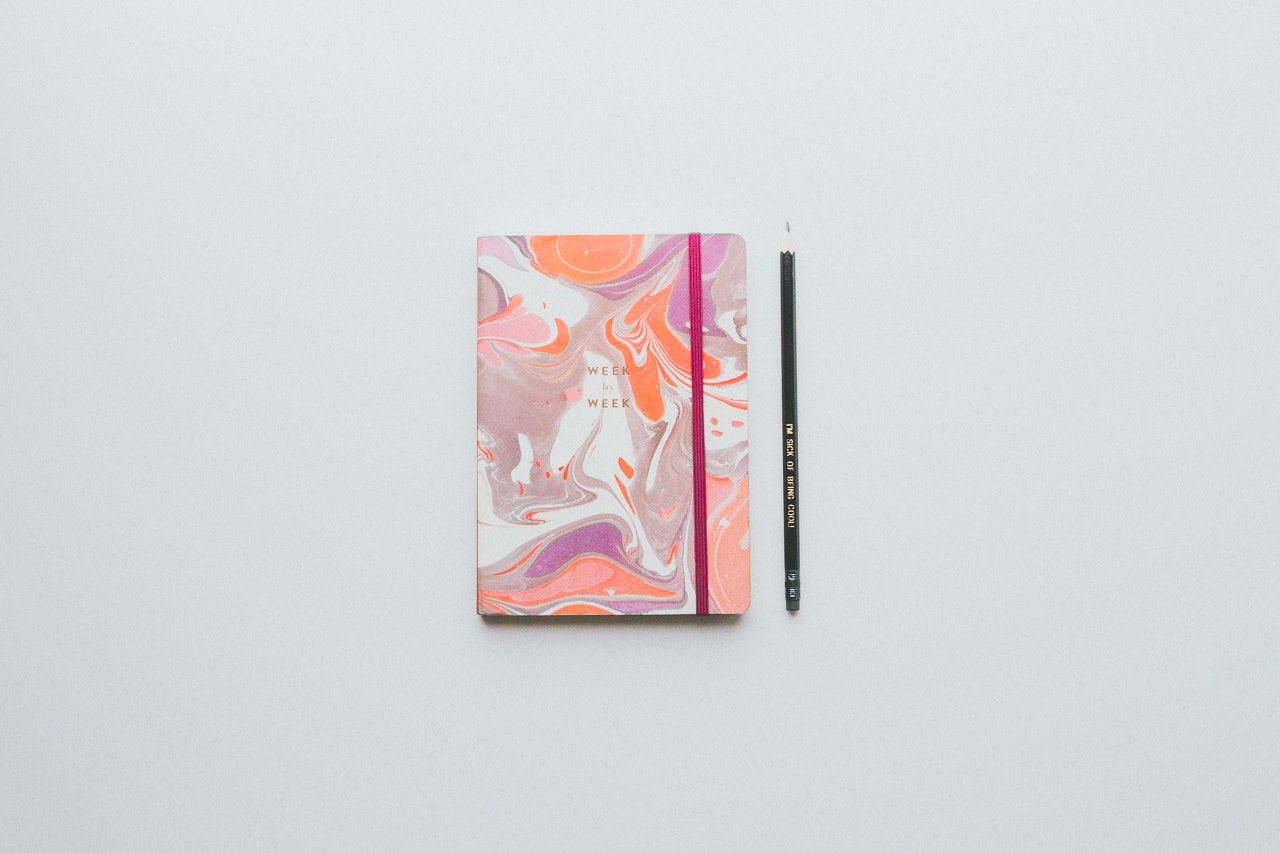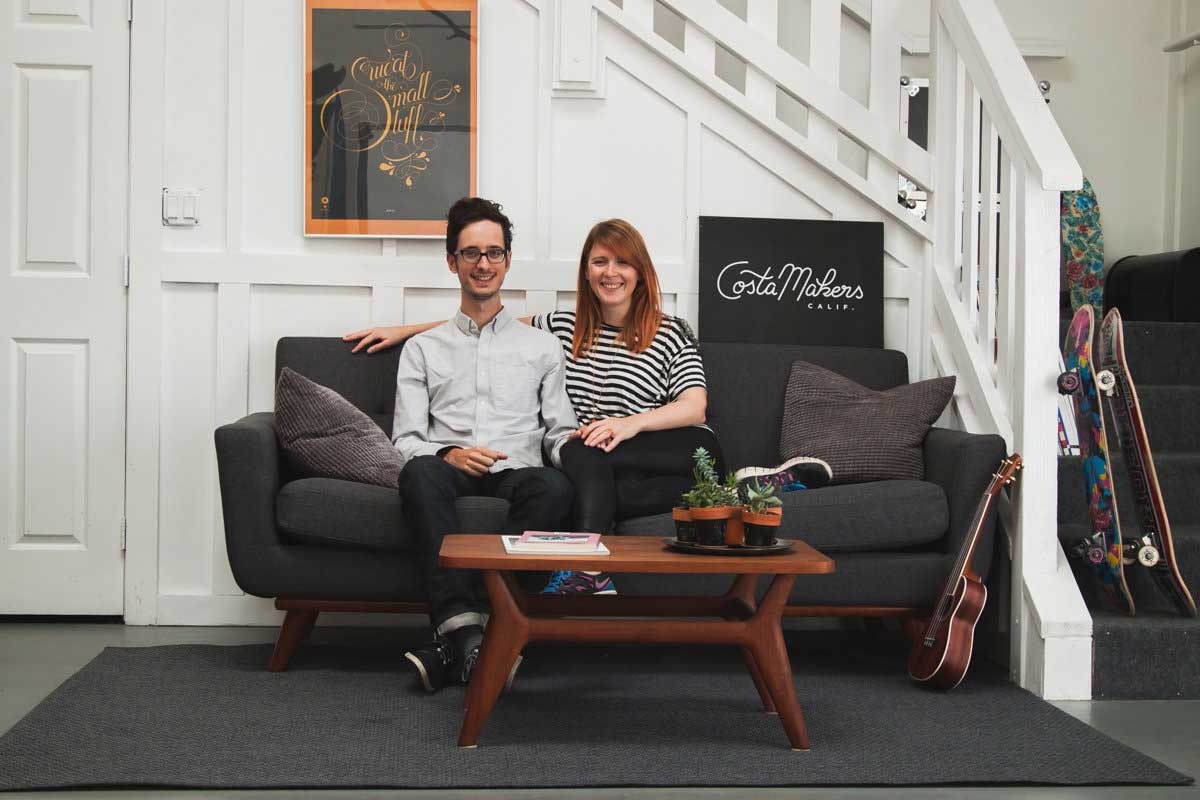Last year, I was asked by my local Minimalists group to give a talk about Conscious Cohabitation. It was an interesting exercise for me to reflect on what it's like to share a home with Octave. I got a chance to discuss with the attendees about their own experience of sharing a home with their parents, significant other, or roommates and learned a lot!
I've updated my presentation according to their comments and thought I would share it with you here as well.
First, there are a couple of things you should know about me:
- Octave and I have been living together for 3 years now (less than one in Switzerland and the rest in 2 homes/cities/States in the USA).
- I grew up an only child.
- My parents live together but were never married.
This should give you a better idea about how and why I decided to implement the following system at home. I divided life at home into 4 categories: admin, finances, scheduling, and housekeeping.
And last but not least, please bear in mind that I am here presenting a system based on my own experience and that I in no way assume that it's a one-size-fits-all.

1. Admin
Raise your hand if you've ever been in this situation where you think you're super ready for a meeting with your banker, real estate agent, or mobile provider and they suddenly ask for a document they totally failed to mention before.
Based on this scenario, and on the fact that Octave and I moved overseas and had no intention to pay for the shipment of all of our admin archives, we digitized the majority of our papers. And here is how I organized them.
Google Drive
I've been using Google Drive for as long as I can remember, so I just created the following folders and shared them with Octave.
- Create 1 shared folder that will contain 3 shared sub-folders (2 personal, 1 common).
- In each of the 2 personal folders, scan and add the following personal documents for each person: ID, driver's license, passport, visa, birth certificate, and ID picture.
- In the common folder, scan and add the documents that are relevant for both parties: marriage license, rental agreement, insurance, and accounting spreadsheet (see Finances). You can also add another subfolder and name it "Old" where you will archive items that are no longer relevant (previous car insurance, former lease agreement).
1Password
If you've been following me for a while, you've already read this article and know how much I love 1Password.
Long story short, this app will create complicated and safe passwords for all the websites you use, will remember all your important info (SSN, credit card number), and will even autocomplete forms online (oh the time you'll save not having to type your name, date of birth, address, bank info, etc.) and all you have to do is remember one. single. password. or use the Touch ID on your phone.
We installed it on our phones, tablets, and desktops and shared the passwords that are useful for both of us (car insurance, home insurance, health insurance, and utilities).

2. Finances
Before we moved to the US, Octave and I each had our own bank account. We meant to open a joint one, but the timing was never right, we had different banks, worked in different cities, and never got around to being able to meet at the bank before it closes.
But as soon as we moved to the US and met our banker, we opted for the following system:
Two personal bank accounts
One for each. That way we don't mess with the other one's expense. The household/family is on track, the rest is personal.
One joint bank account
- Open one joint bank account.
- Select the paperless option.
- Set a monthly automatic payment from your personal account to your joint account (calculate and estimate of your monthly household expenses and divide it by 2).
- Opt for automatic payments for rent, utilities, Internet, phone, home insurance, and health insurance.
- Get one debit card for each and use it to pay common expenses: groceries, common hobbies, restaurants, trips, and home improvement.
Side note: To differentiate our personal card from our joint one, Octave drew a heart on the joint one while we were still at the bank. My heart melted.
Two savings account
As responsible adults, and as we are both freelancers and do not know what tomorrow will be made of, we each opened a savings account.
We set a monthly automatic payment from our personal account to the savings account so we save without even thinking about it.
Accounting
As our income fluctuates, sometimes one of us is not able to make the scheduled monthly automatic payment. So the solution I found to keep track of our accounting is to:
- Keep a shared accounting spreadsheet in the common shared folder and keep track of expenses related to the household (the payments made by each of us to the joint bank account or extra expenses for the household that we paid with our personal account)
- Meet twice a year to keep track of your common finances.
Side note: I usually set up a meeting in our shared calendar (see Scheduling) well in advance and chose a café in our neighborhood with a wifi connection. Being outside of our home helps us focus on the task to accomplish.

3. Scheduling
Once again, our freelance life pretty much shapes the way we have to organize our lives. With our irregular schedules and off-location assignments, I felt like we needed a platform to let the other know of major commitments. As we are both Apple products users, we decided to use the Apple calendar and:
- Share our professional calendars with each other.
- Create a common calendar for reminders, invitations, events, trips, family visits, and cleaning-up days (see Housekeeping).
Side note: I recently discovered that you could export your Facebook Events (and Facebook friends' Birthdays) to your calendar, check it out!

4. Housekeeping
Utilities & co
We deal with things together, mostly, but we have a tacit understanding that he deals with all things related to the phone, Internet, car & home insurance and I deal with the landlord, rent, electricity, gas, and water.
Side note: Chose what you have interests in or knowledge of and share the tasks equitably.
To-Do Lists
Wunderlist is a to-do list app like many others that exist on the market. This is the first one that I used, I tried to switch to another one later on but came back to this one. It does the job, there's no need to change what works.
We mainly use it to share our grocery list. It synchronizes the data in real-time so that we both know what to get when one of us decides to stop at the store, even unexpectedly. I have to admit that we use it less and less now that we both work from home and usually shop together but it's still there in case we need it.
We also have a general to-do list (mostly home improvement) and a bucket list of all the places we'd like to visit someday (couple day trips in Oregon/Washington).
Grocery Shopping
We usually make one big trip to our coop once a month (on the 10th, we get 10% off), the date is in our shared calendar so we don't forget it.
We update our shopping list on Wunderlist for non-bulk items and look for the empty containers in our pantry (our empty containers are our shopping list).
Side note: To learn what you'll need to go on a bulk shopping trip, go back to my Zero Waste Shopping Kit article, and to learn how to shop in bulk check out my Shopping in Bulk 101 article.
Cooking
Octave and I keep sending each other recipes that we want to try. I didn't know how to store them until I found the Pepperplate app. What I love about it is the fact that there is now a bookmarklet that makes importing the recipe on your desktop so much easier by filling in the fields automatically. The fact that the app is also on my phone makes grocery shopping so much simpler. Now I just need to stop importing recipes and start cooking them...
Side note: Our deal is as follows: He cooks, I do the washing up.
Cleaning
By now, you should everything about my Cleaning Routine.
Whether it's a deep-cleaning session or routine cleaning and, more importantly, if you share this task with a partner or housemates, knowing that a special date or time in the week or month is dedicated to this task makes the decision-making way easier. No arguing, no convincing, no debating, it's on the calendar so that's when it should be done!
Here is my personal schedule for quick maintenance:
Monday - Bedroom
Tuesday - Bathroom
Wednesday - Mudroom/Pantry
Thursday - Kitchen
Friday - Living Room
Saturday - Office
I try to keep the same schedule for weekly maintenance cleaning but mostly rely on our common bimonthly cleaning session, scheduled on Wednesdays, every other week.
Trash, Recycling, Compost
As I am now a proud Master Recycler, I set up a new sorting and recycling station at home composed of:
- 1 recycling box (paper, metal, plastic bottles, and tubs).
- 1 glass box (for curbside recycling and to bring to the Bottle Bill & Redemption Center).
- 1 compost tray that I keep in the freezer and bring to the compost pile once in a while when I go to open the chicken coop.
- 1 trash can (yes, we still produce some trash).
- 1 box for special items: soft plastic, corks, batteries, lightbulbs can be brought to specific locations for safe disposal, recycling, or reuse.
Side note: This sorting station is designed according to the Portland, OR infrastructure. We signed up for weekly reminders in order to be informed of the collection schedule.
Decluttering
We keep a donation box by the back door where we put items that we no longer use and are still in good condition for donation.
Junk Mail
Getting junk mail is one of the things that frustrates me the most in my journey to zero waste. I feel like all the efforts I'm making to prevent trash from entering my house are ruined by the junk mail that filtrates through my mailbox.
Through research and experience, I came up with a list of solutions that will help you dramatically reduce the amount of junk, promotional, or unwanted mail in your mailbox.
This practical guide can help balance the repartition of household chores.
5. Conclusion
This system is the result of a couple of months of trial and error, even though it pretty much stayed the same after we implemented it). First, you'll need to sit down with your housemates, identify what your needs and priorities are, and build a system around them.
If you're more interested in producing less waste, focus on your pantry and the recycling station. If you're more interested in keeping your financial independence, run to the bank and open a joint bank account. You do not need to do it all at once. Start small, see what works for you, and adjust along the way.
The one thing that I found very important in this endeavor was to balance the roles. Sharing a house is sharing responsibilities.
I hope you've enjoyed reading my conscious cohabitation tips and hope they will help you make your life simpler, greener, and happier.
Top and bottom pictures by Brandy Young for Conscious by Chloé.
Now, I'd love to read your comments on this subject. What systems have you implemented at home? How do you distribute the roles? Who's in charge of what? Do you hire a house cleaner? Roommates, how do you deal with rent & utilities?










